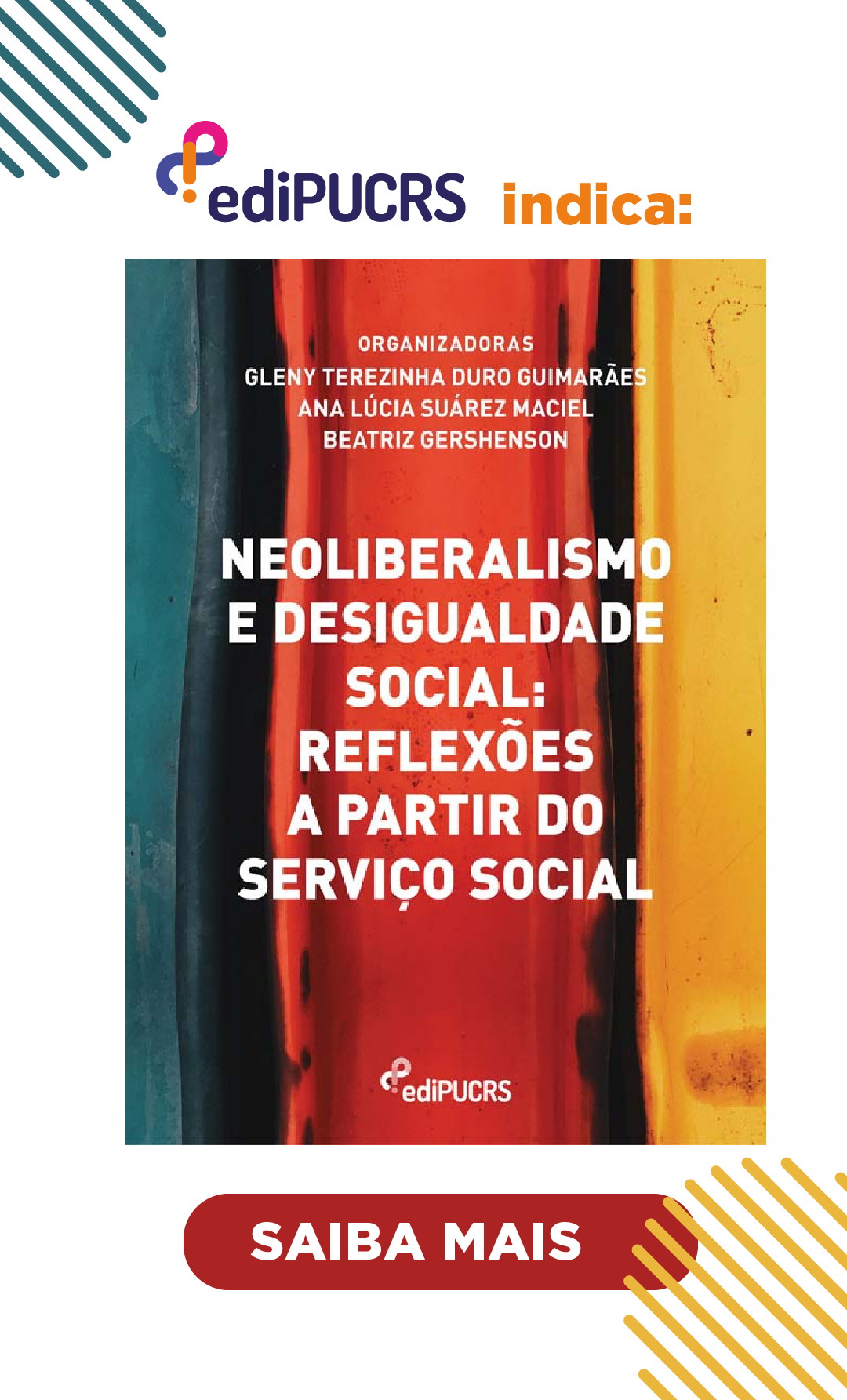Recognition and politics within the dialectical tradition
the Athenian, Marx and Lenin
DOI:
https://doi.org/10.15448/1677-9509.2023.1.44653Keywords:
Plato, Socrates, Marx, Lenin, dialectics.Abstract
This article aims at drawing attention to a series of inquiries that may and, in our view, still should be asked about a supposed, unique and definitive political doctrine of Plato. Then, initially, the following question is raised: The Republic, one of the most famous and commented dialogues written by Plato, would be in fact the only moment of “his” work in which this author would express “his” political theory (communist)? Supported by Hector Benoit’s immanentist reading and interpretation of the Platonic dialogues, we hypothetize that Plato, not being Socrates, exposed -through a character called Athenian – in his last dialogue, The Laws, in the temporality of the lexis, a project of city radically different from that on The Republic. Such a project is based on the unity of contradictories for the educational formation of the inhabitants of a city composed of friends who really had all things in common; city that should be put into practice, and not just in the metaphysical soul of the philosopher, as Socrates idealistically proposed in The Republic. Thus, far from having abandoned, as some interpreters argue, his youthful communist positions, Plato would have in fact found them, at the end of his life, in a more rigorously determined way. At the end of our article, Marx and Lenin take on the leading role, which suggests that political theory is one of the guiding threads of the millennial dialectical tradition.
Downloads
References
BENOIT, H. Sócrates: o nascimento da razão negativa. São Paulo: Moderna, 1996.
BENOIT, H. Platão e as temporalidades: a questão metodológica. São Paulo: Annablume, 2015.
BENOIT, H. A odisseia de Platão: as aventuras e des¬venturas da dialética. São Paulo: Annablume, 2017.
BINI, E. In: PLATÃO. As leis e Epinomis. Bauru, SP: Edipro, 2010. p. 118.
HEGEL, G. W. F. Fenomenologia do espírito. Petrópolis (RJ): Vozes, 1988.
LÊNIN, V. I. ¿Que hacer? In: Obras completas. Madrid: Akal, 1976a. t. V, p. 351-556.
LÊNIN, V. I. ‘El izquierdismo’, enfermedad infantil del comunismo. In: Obras completas. Madrid: Akal, 1976b. t. XXXIII, p. 121-226.
LÊNIN, V. I. Las tareas del proletariado en la la actual revolución. In: Obras completas. Madrid: Akal, 1976c. t. XXIV, p. 471-509.
MARX, K.; ENGELS, F. Mensagem do Comitê Central à Liga dos Comunistas. In: Obras escolhidas. São Paulo: Alfa-Omega, [19--?].
MARX, K. O capital: crítica da economia política. São Paulo: Abril Cultural, 1983a. v. I, t 1.
MARX, K. O capital: crítica da economia política. São Paulo: Abril Cultural, 1983b. v. I, t. 2.
MARX, K.; ENGELS, F. Manifesto comunista. São Paulo: Boitempo, 2010.
PLATÃO. Diálogos: Fedro, Cartas, O Primeiro Alcibíades. Trad. Carlos Alberto Nunes. 2. ed. Belém: EDUFPA, 2007.
PLATÃO. A república. São Paulo: Edipro, 2019.
PLATÃO. Diálogos V: O banquete; Mênon; Timeu :Crítias. Bauru/SP: Edipro, 2010.
PLATÃO. As leis e Epinomis. Bauru, SP: Edipro, 2010.
Downloads
Published
How to Cite
Issue
Section
License

This work is licensed under a Creative Commons Attribution 4.0 International License.
Copyright
The submission of originals to Textos & Contextos (Porto Alegre) implies the transfer by the authors of the right for publication. Authors retain copyright and grant the journal right of first publication. If the authors wish to include the same data into another publication, they must cite Textos & Contextos (Porto Alegre) as the site of original publication.
Creative Commons License
Except where otherwise specified, material published in this journal is licensed under a Creative Commons Attribution 4.0 International license, which allows unrestricted use, distribution and reproduction in any medium, provided the original publication is correctly cited.





